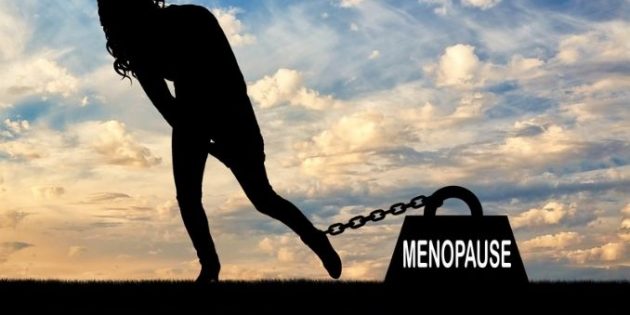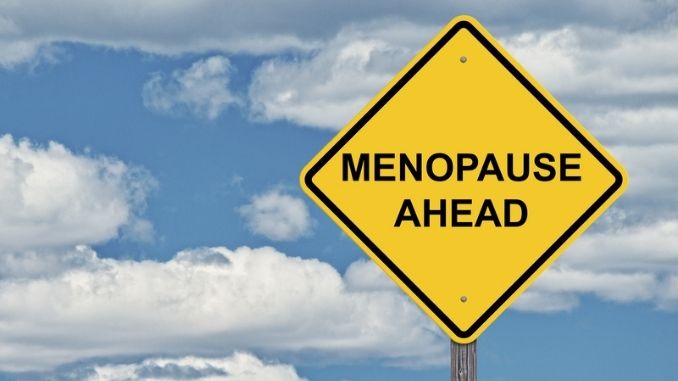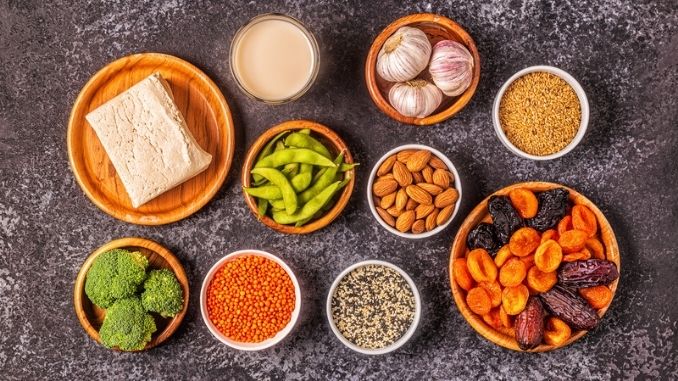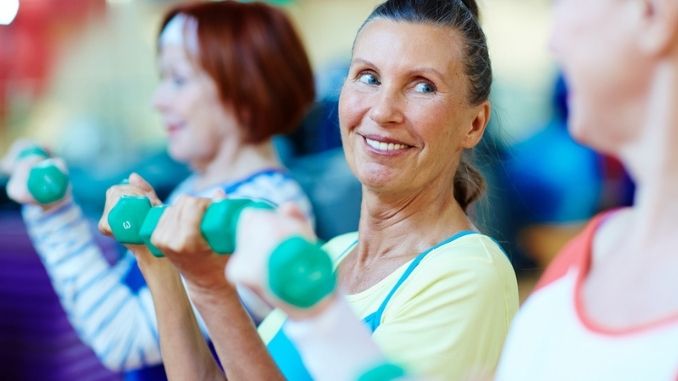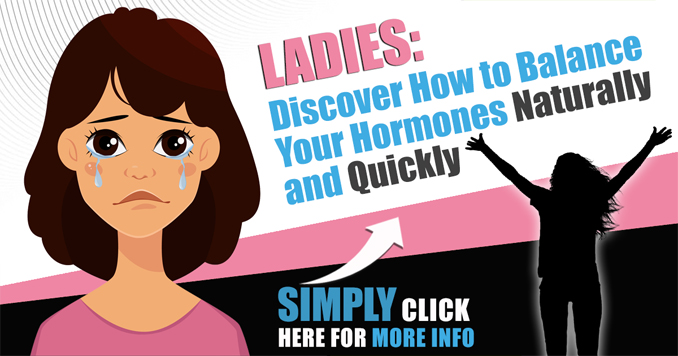Menopause, the change of life, the inevitable transition. It is a turning point that can have an immeasurable impact on your well-being, but if you allow it, it can also be liberating and empowering.
Menopause is rarely a topic of open discussion, even though nearly half of the world’s population will experience this dreaded transition. Many women prefer to keep private about the life changes they are experiencing and instead head to google to peruse the thousands of articles at their disposal – like the one you are currently reading. Part of this hesitancy to talk about the menopause experience stems from the stigma often surrounding this change of life, with so many people associating it with aging, a decrease in sexuality, mood swings, and other severe hormonal symptoms. Because of this, many women suffer in silence.
In a 2019 survey, only 6% of menopausal women reported not experiencing any menopause symptoms at work. So, what happened to the rest of the group? Most experienced one or more of the following menopausal symptoms:
- Hot flushes
- Fatigue
- Mood swings
- Inability to concentrate
- Memory issues
- Depression and anxiety
- Lack of self-confidence
These symptoms are the reality for most women. This might sound bleak and fill you with dread, but there are steps you can take to make this transition a more positive experience.
Is it Menopause?
The average age for starting Menopause is around 51, but some women can start experiencing symptoms as early as their 40s. This transition period in a woman’s life can take months or even years to run its course but usually lasts for about seven years. Menopause is considered official when there has been no menstruation for 12 months, meaning the period cycle has ceased permanently. The time leading up to that moment is called perimenopause. Perimenopause means ‘around menopause’ and refers to the transition period when your ovaries begin to produce less estrogen. During perimenopause, you can expect infrequent, sporadic periods and start experiencing some classic signs that your body is producing less estrogen. This includes hot flashes, mood swings, headaches, or accentuation of pre-existing migraines. During this time, it’s still possible to get pregnant.
Once your menstrual periods have stopped for an entire year, Menopause officially starts. You immediately enter post-menopause, the final stage of Menopause that lasts for the rest of your life. During this period, many of the uncomfortable menopausal symptoms gradually decrease.
What Can You Do?
1 – Adjust Your Attitude
Attitude is everything when it comes to approaching Menopause. Although it is difficult to look at Menopause as a good thing, especially with the annoying symptoms that often accompany it, there are holistic lifestyle options that can help you manage Menopause like a boss.
Be informed. Read and educate yourself, then consult with your physician regarding options to manage your menopause symptoms. These options can include:
- Lifestyle Changes (nutrition and exercise)
- Complementary and Alternative (herbs, acupuncture)
- Medical (hormonal and non-hormonal FDA-approved options)
- Combination of the above
2 – Take It Easy
Any additional physical and psychological stress can significantly impact this transition stage. To avoid unnecessary stresses:
- Make it a habit to look after your adrenals.
- Stop and breathe when needed. Do not hesitate to rest when your body feels pushed.
- Refrain from spending your days rushing. Take things one step at a time.
- Increase your downtime. Set aside 30 minutes each day for rest. This includes being away from your phone or computer.
- Aim for eight hours or more of sleep a night.
- Do something for you each day – whether that’s having a massage, decompressing in a hot bath, or simply enjoying some quiet time with a good book.
3 – Eat Healthy
Invest in your nutrition. Before and while experiencing Menopause, it is important to include phytoestrogens in your diet. These foods mimic the role of estrogen, helping your body adjust to declining estrogen production.
Notable Sources of Phytoestrogens Include:
- broccoli
- carrots
- chaste tree berry
- coffee
- legumes (beans, peas, peanuts)
- licorice root
- oranges
- red clover
- soy (tofu, tempeh, miso, soymilk)
- tea
Make sure to eat various fruits, veggies, grains, nuts, seeds, and legumes to take advantage of the multitude of health benefits. In addition to the list above:
- Eat protein. Women naturally have less muscle mass, and testosterone than men, so lean proteins can be a woman’s best friend during Menopause.
- Make it a habit to eat foods rich in Calcium and Vitamin D. These nutrients are essential for bone health and help decrease the risk of osteoporosis and bone fractures.
- Reduce your consumption of refined sugar and processed foods.
- Eat healthy fats. Some examples include olive oil, flaxseeds, salmon, almonds, and walnuts.
- Manage your blood sugar with low to medium glycemic foods like beans, apples, oranges, cherries, plain yogurt, and oatmeal.
- Eat more fiber.
- Drink lots of water. Drinking water can reduce the bloating that can occur with hormonal changes.
4 – Be Fit
Exercise does more than keep your heart healthy. Training during and after menopausal transition offers many benefits, including:
Prevent Weight Gain
During the menopausal transition, women tend to lose muscle mass and gain abdominal fat, which increases the risk of developing diseases such as heart disease and diabetes. To prevent unwanted weight gain, engaging in regular physical activity for at least 30 minutes a day, 3-5 days per week, is essential.
Strengthen Your Bones
Menopause can make you far more susceptible to bone loss and osteoporosis. A regular exercise routine that includes resistance training can help keep your bones strong and decrease the chance of fractures.
Reduce the Risk of Other Diseases
Menopause weight gain can lead to severe health conditions. Counter these risks by staying active and fit.
Boost Your Mood
Physically active people have a lower risk of depression and cognitive decline. Exercise releases endorphins, which can help to combat the mood swings often associated with Menopause.
Better Skin
Regular exercise relieves stress and boosts blood circulation, which begins to slow with age. The extra oxygen and blood flow from movement make your skin look brighter and healthier.
5 – Avoid Trigger Foods or Activities
It is essential to keep a symptom diary. Take note of any foods or activities that trigger your menopause symptoms. Certain foods and activities may trigger hot flashes, night sweats, and mood swings. Do your best to avoid these triggers whenever possible.
While your menopause experience can be largely dependent on genetics, there are lifestyle choices and medications that can help manage your symptoms. Acknowledging your symptoms and learning how to cope effectively can make a difference as you transition into your next life phase. Most of all, don’t hesitate to look to those around you for the comfort and support you need.
Learn the all-natural way to balance your hormones. Click here for more information.
